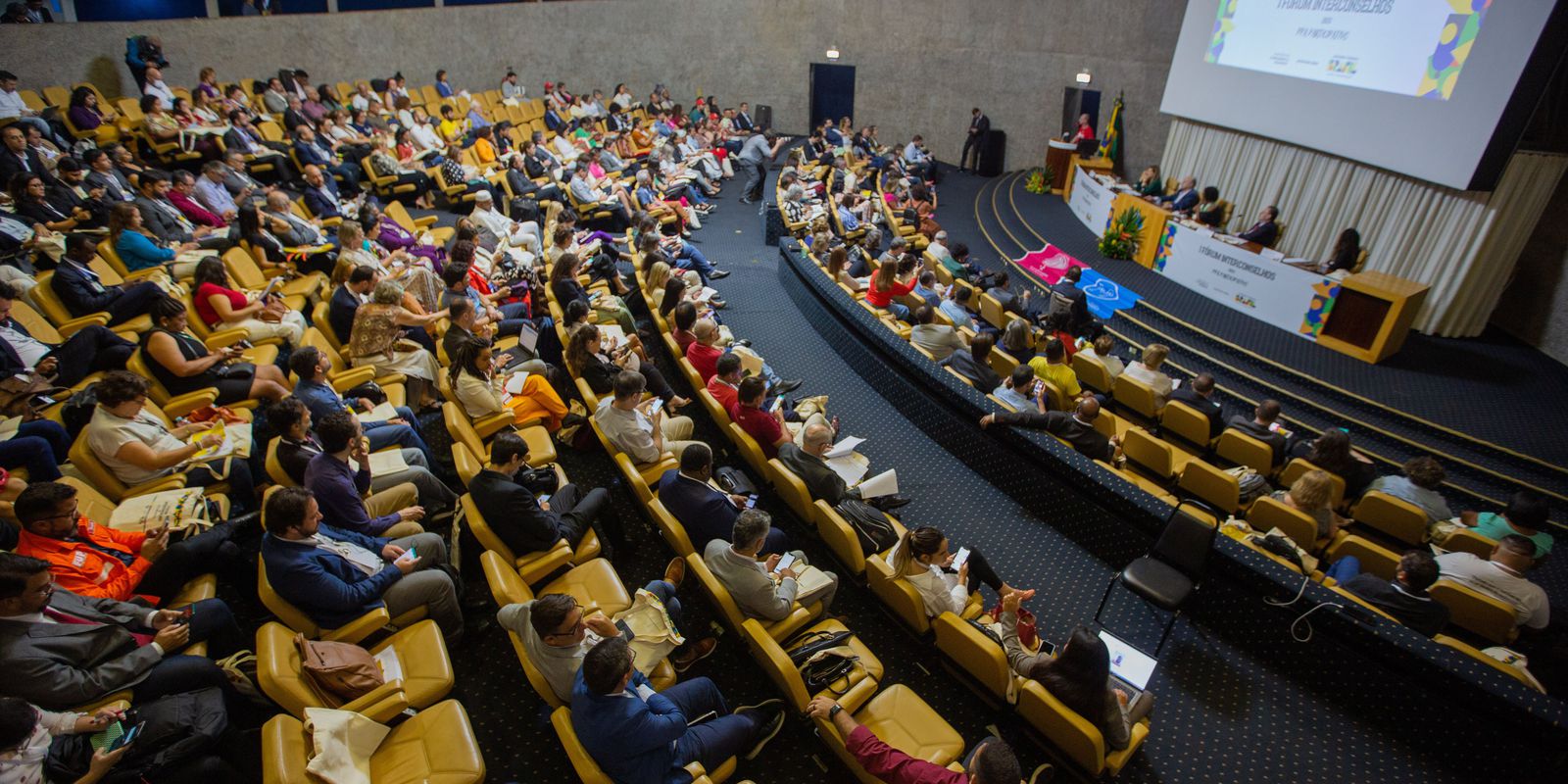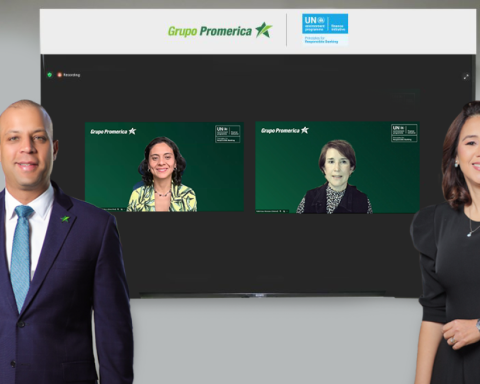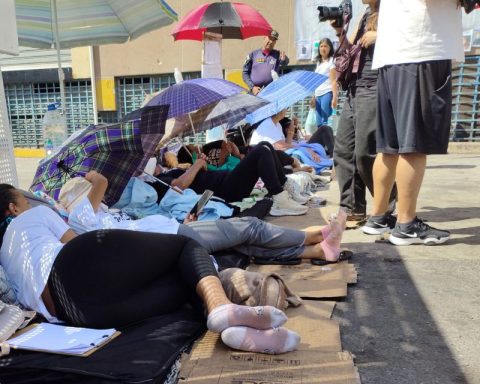Interrupted in 2017, the meetings of the National Interconselhos Forum were resumed this Tuesday (18), in Brasília. The first meeting under the current management will last two days and will be attended by hundreds of representatives of national councils and civil society organizations.
The forum starts the process of preparing the Multi-Year Participatory Plan, in which society opines on the priorities for investing resources in public policies over the next four years.
At the opening of the meeting, the Minister of the General Secretariat of the Presidency of the Republic, Márcio Macêdo, informed that a total of three national forums and 27 state meetings will be held and that, in August, the federal government will deliver the PPA to the National Congress. “We will have [no fórum] the largest internet participation platform ever seen in Brazil so that all Brazilian men and women who want to participate and put their fingerprints on the government of Brazil can have access”, said the minister.
Macêdo celebrated the resumption of participatory management, after “four years dating fascism, authoritarianism” and “confronting institutions, the people, persecution of our nation’s organized movements; of facing popular mandates and, above all, of curtailing individual and collective freedoms”.
The General Secretariat of the Presidency of the Republic informed that President Luiz Inácio Lula da Silva will participate, this Wednesday (19), in the second day of the forum, to start, effectively, the process of elaboration of the PPA 2024-2027. On the occasion, Lula will install the Social Participation Council of the Presidency of the Republic and swear in its members.
Democratic and social participation
The Minister of Planning and Budget, Simone Tebet, who also participated in the forum, pointed out that this Tuesday marks the 100th day of the attacks on the three powers of the Republic. “It is not just any date and cannot be forgotten”, said the minister, who highlighted the representativeness of the meeting for democracy, for a broad discussion of relevant social policies. “Being here in this first Interconselhos Forum, with civil society participating, will serve to discuss what Brazil we want for four years. It is encouraging to know that we have turned a very sad page in our history.”
Looking back over the past four years, she said the previous government didn’t plan. “And not planning left a deficit last year of R$ 230 billion for us to pay. He left it to the federal government to pay without having advanced. On the contrary, having regressed in essential public policies”, said the minister.
Simone called on council and civil society representatives to discuss what should be the priority for applying the public budget. “It is you who are there at the base, who are leaders, who represent society, and you know why you live with it, what are the priorities that we have to fulfill.”
Since the creation of the Interconselhos Forum, in 2011, there have been six meetings of the entity as Interconselhos Forum and three with the definition of Dialoga Brasil Forum, until the interruption of meetings in 2017. As a result, the PPA 2020–2023 was prepared without social participation.
Youth, health and science
At this Tuesday’s meeting, the executive coordinator of the Atlas das Juventudes, Wesla Monteiro, said that she carried out a study of the latest PPAs to compare public policies aimed at young people, which, according to the Brazilian Institute of Geography and Statistics (IBGE), correspond to to 23% of the Brazilian population.
According to Wesla, there was no planning or budget for youth in the last PPA. “How come we don’t have public policy for about a quarter of the Brazilian population?”, She asked.
The president of the National Health Council (CNS), Fernando Pigatto, emphasized that, in recent years, the entity has worked to resist the denial of science and to emphasize the importance of vaccines in disease prevention. “Health is a human right, enshrined in the Constitution”, said Pigatto. “Health is democracy, and democracy is health. Health is full life, social, mental and political well-being, ”he added.
The president of the Brazilian Society for the Progress of Science and former Minister of Education, Renato Janine Ribeiro, also remembered the 100 days of the anti-democratic acts of January 8 and proposed the creation of a day of repudiation of the dictatorship and, at the same time, celebration of democracy by Brazilian society to combat ignorance. “It is the dictatorship that generates torture, generates censorship, generates death”.
















